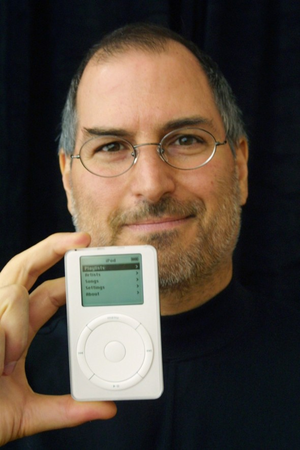
As music lovers, we strive for the best possible sound quality. They say all roads lead to Rome, but we still need to contend with our needs, our path, our budget, and the time available to us to get there. Across my next columns, like a travel guide, I will try to recommend memorable places for you to visit, provide helpful suggestions, and steer you in the right directions as you head toward Rome. Like all guides, you may disapprove of things I say, which is completely normal, even healthy! Your ears, your needs, your budget should be your guiding principles. Don’t let yourself be swayed by my words without checking them out first.
Which path should I choose to start our journey? Analog or digital? Both paths are excellent choices. Like with any travel destination, there are advantages and disadvantages to consider. Fortunately, sound quality isn’t determined by format, but by the quality of the recording of the performance, the mixing, and the mastering. I can already hear me being called a heretic from the analog and digital defenders, but I remain true to my convictions.
For editorial and narrative purposes, the first volume of our travel guide will be limited to nomadic digital paths (mobile devices) and home networks. The other volumes will follow.
Problems in promotional tourism
Almost 20 years ago, on precisely October 3, 2001, the nomadic digital world, and the world of music in general, experienced a seismic shift. Even the analogous path, however distant, felt the earth move. Steve Jobs announces a revolutionary device that can hold 1000 songs and fit in our pocket. Wow! Let’s pause a moment on that image. Now, note how at 4 minutes and 23 seconds of the video below Jobs describes the device’s sound quality as “a very high quality rate of MP3 compression, very high quality”.
Theoretically, the higher the number of kilobits per second, the better the sound quality. For example, CD’s bit rate is 1411 kbps. 1411 kbps versus the 160 kbps MP3 quality proposed by Jobs? We’re a long way from high quality. Obviously, information once contained on the recording has been deleted and can’t be recovered. It’s why MP3 is called a lossy compression format.
Despite this, the “high quality” marketing line will have important repercussions for years to come. Due to Jobs’s popularity, many travelers will believe his claim and accept and defend the notion that lossy compressed music is the same quality as the lossless (not lossy) compressed kind.
Moreover, singer Neil Young revealed that Steve Jobs knew it wasn’t true:
“I had met Steve Jobs in the past and I knew Apple’s position,” explains Neil Young. “While he enjoyed high resolution music and listened to vinyl records himself, he was not interested in high resolution for his products, and that belief was one of the reasons our music deteriorated. When we spoke, he told me his customers were completely satisfied with the MP3 quality. He had one standard for himself and another for his clients. As he put it, “We are a consumer company” (Reference: To Feel The Music, A Songwriter’s Mission To Save High-Quality Audio, Neil Young and Phil Baker, BenBella Books, Inc, page 59).
First tip from your travel guide, check if the Airbnb-audio benefits advertised are real in terms of both sound quality and listening comfort. For marketing’s sake (1000 songs in your pocket), music and artists have paid the price. Thankfully, there are several TripAdvisor-type audio sites that can help you avoid bad locales and false promises. We will touch on these sites another time…
Before embarking on our journey to Rome, I should share with you some of my opinions regarding the eternal debates between supporters of digital and analog formats. In reality, both groups are right. Each format can lead to Rome. Each has its strengths and weaknesses.

However, the world we live in is increasingly digital, a trend that’s irreversible. To paraphrase Darth Vader in Star Wars: Episode lll: “It is useless to resist”. Since the 1980s, recordings of our favorite artists have been made, with few exceptions, only digitally.
The master tapes of artists who recorded before this period are on magnetic tapes, ie. analog. Over time, these tapes are doomed to deteriorate. In fact, every time they’re used, their overall sound quality diminishes. This means that, in order to preserve our cultural heritage and favorite music, it’s important that we digitize our music in the best fidelity possible.
Fidelity is important, because a computer must divide the sound wave into a multitude of small sound samples, each of sufficient sound quality, to artificially recreate the original sound wave. The more samples there are, the more faithful the digital signal should be to the sound wave, resulting in better sound from your playback system. I say should, because it’s more complicated than that.
From capturing the sound of the musical performance digitally to its analog reproduction in our headphones or stereo system, there are many elements to consider, refine, and process.
By far, the most important of these elements will be the actual recording and mastering of the musical work. Forget about the format, please. A bad recording will always be bad, regardless of whether it was recorded digitally or in analog. Even more heartbreaking, a good recording can be ruined during the mastering process, no matter the format.
That means it’s essential to choose our physical source material (CD, tape, or vinyl) or other (network playback) before even thinking about packing our digital recordings in our luggage (hard disk) and choosing its format (Wav, Flac, Alac, AIFF, DSD, and others).
“Sure, Mario, but how can I tell if the CD or music-file collection of the 50th anniversary box set from my favorite artist or group will sound better than its 40th anniversary release? “. Good question! I’ll have tips about that to share with you in my next columns.
In the meantime, allow me, in return, to ask you questions so I can better guide you depending on your budget, tastes, and needs.
Why would you want to take the digital path? What are your objectives? Will you choose the all-inclusive formula (network listening at home and on the go outside the house) or à la carte? Do you want to travel with a lot of luggage (albums, songs, playlists)? Heavy suitcases (several megabytes or terabytes of music)? Or, do you prefer to travel light and let the organizer suggest sites for you to visit (online music services and algorithms)? Finally, what’s your budget?
Some of these questions may seem superfluous, but they are all relevant to getting off to a good start and taking the best route to Rome. I’ll let you think about it, and feel free to ask me questions along the way.
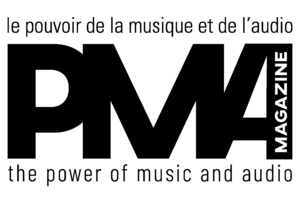
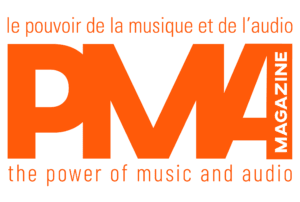
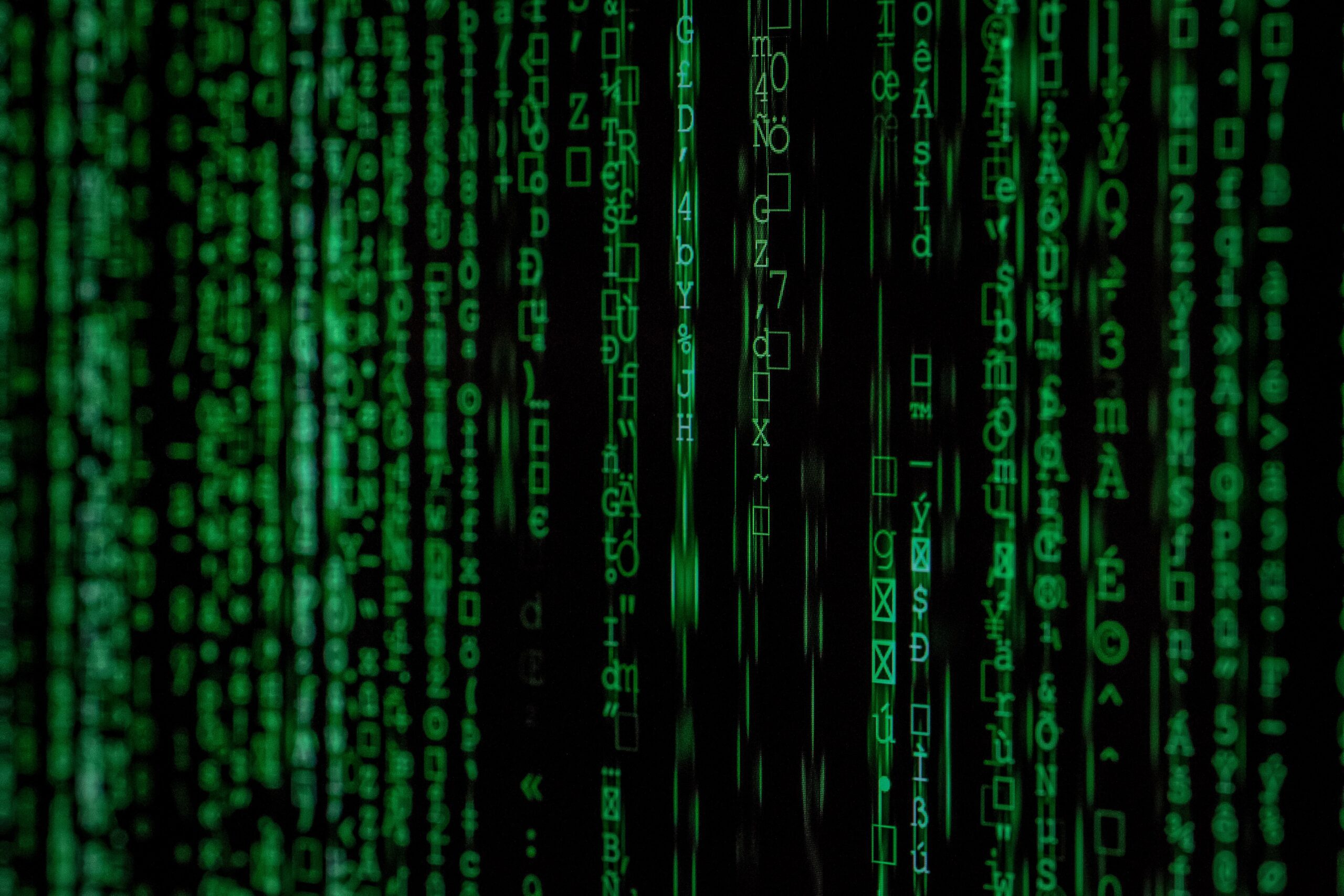
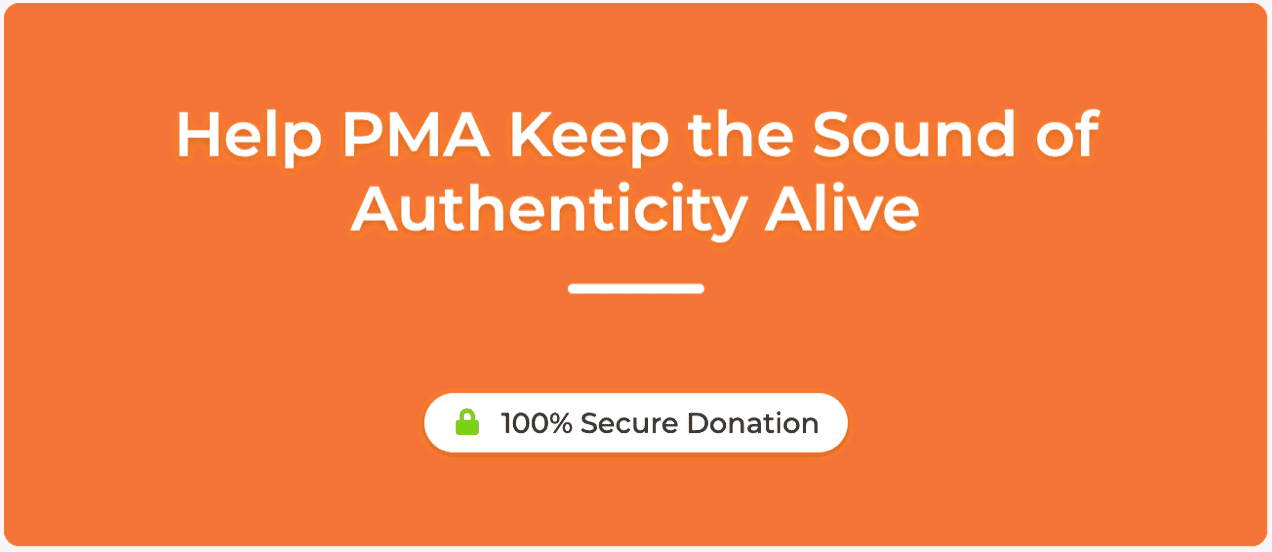
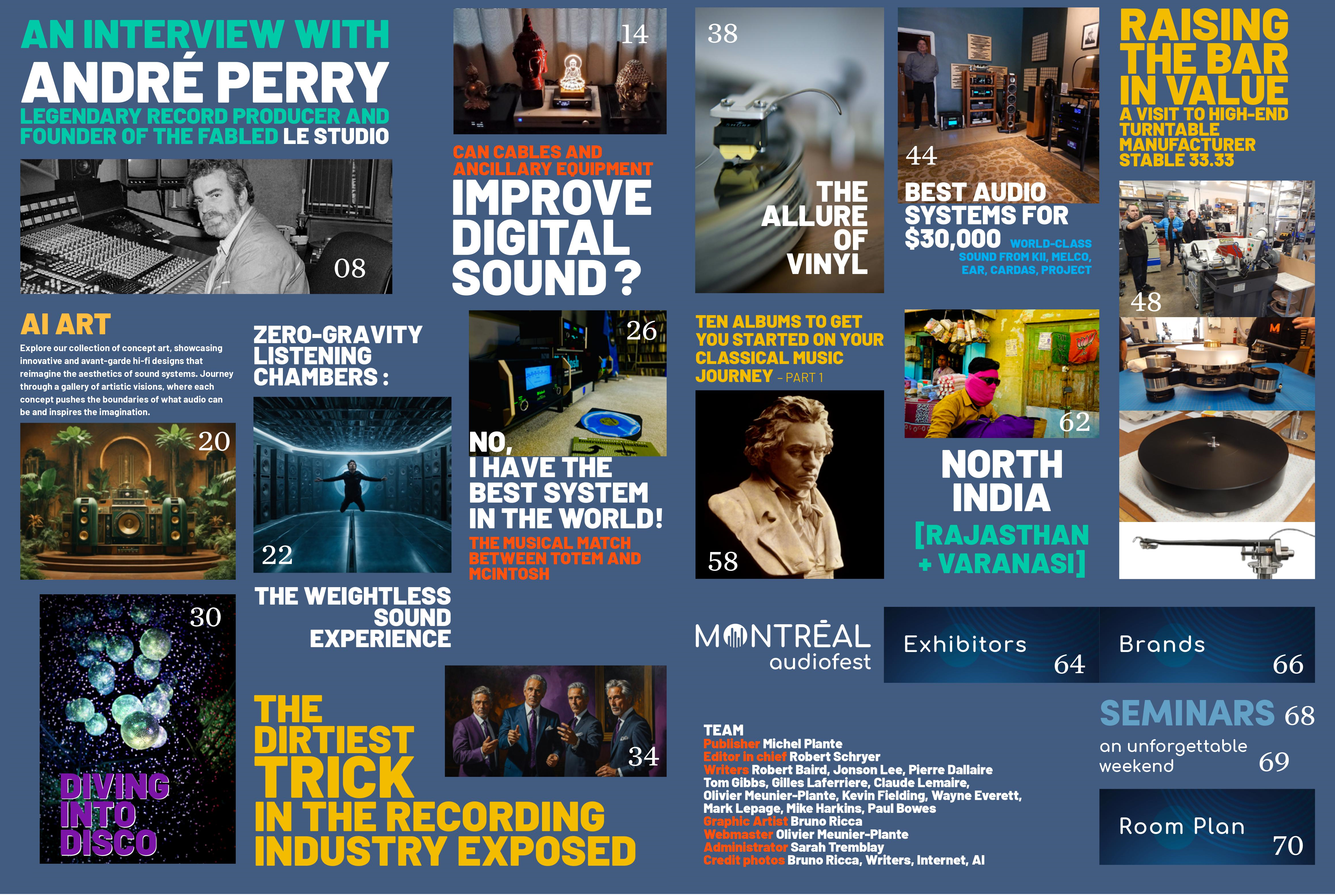
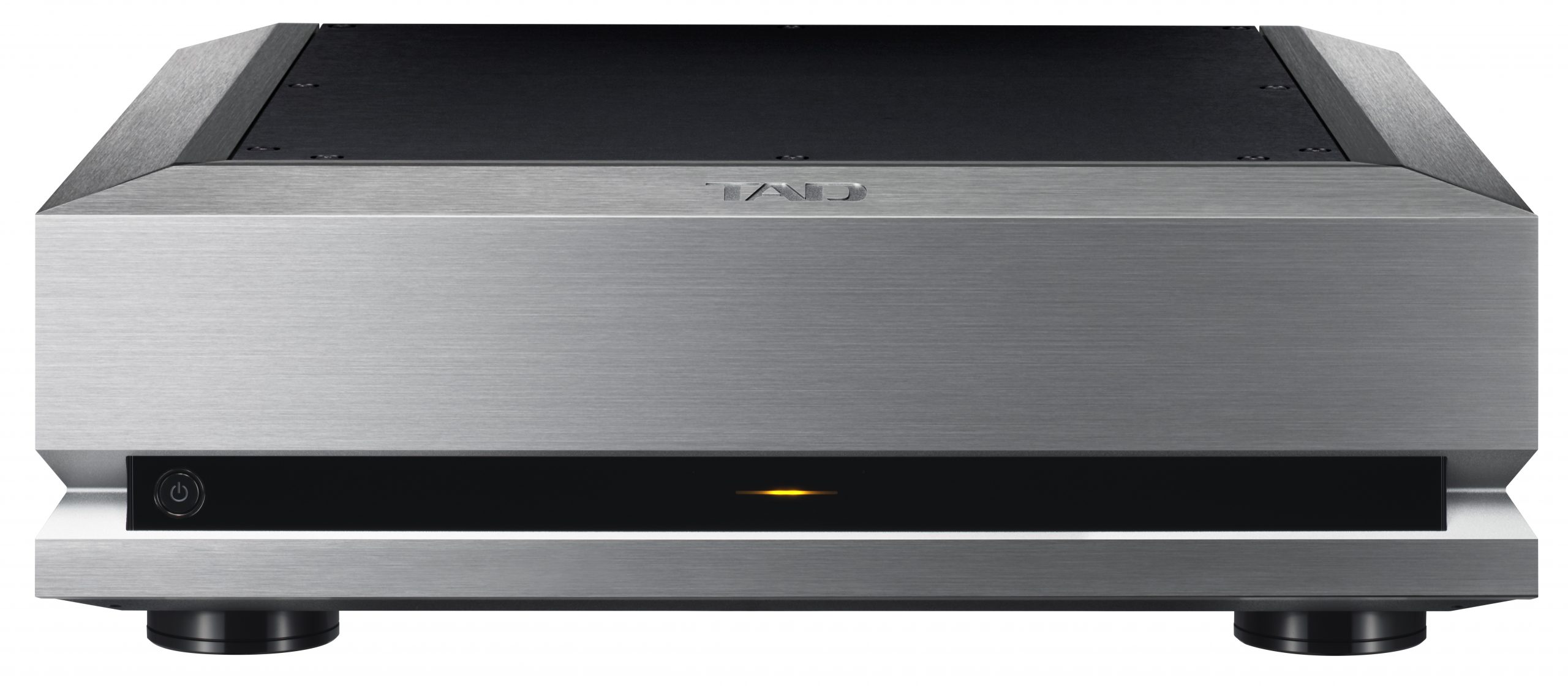
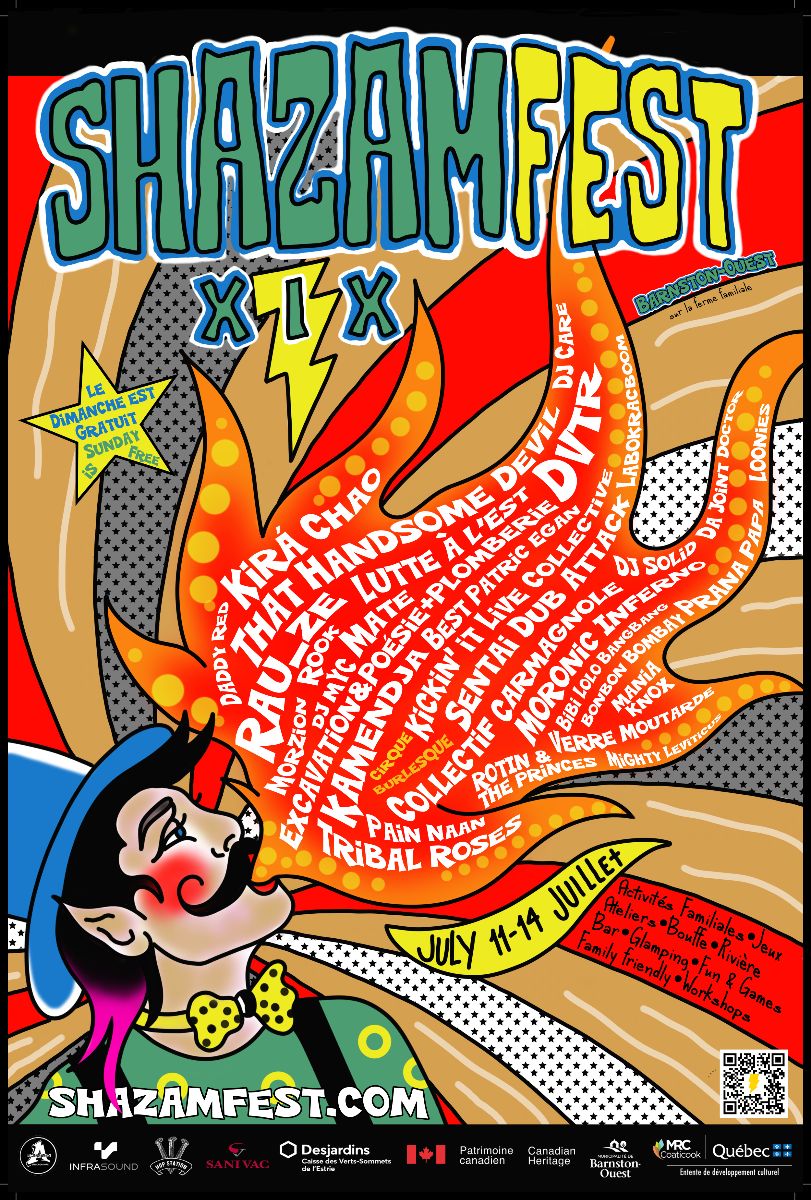

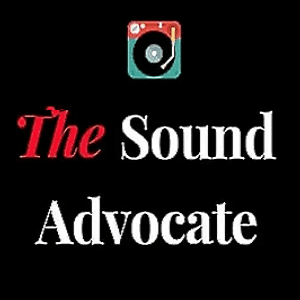
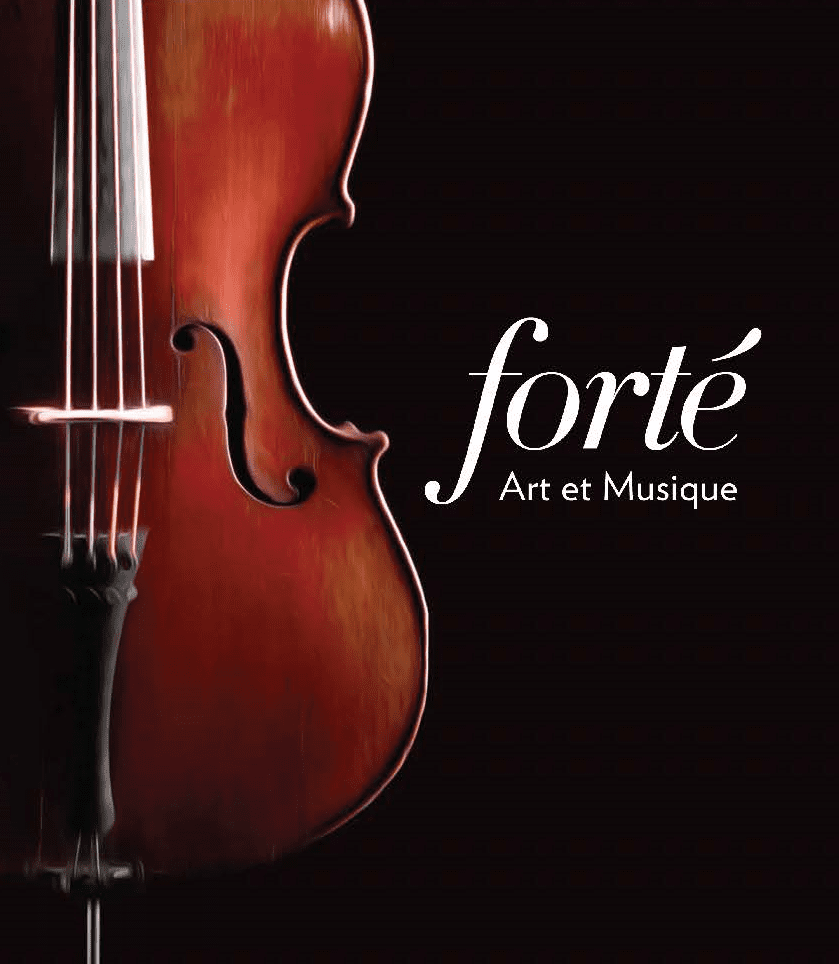
Leave a Reply